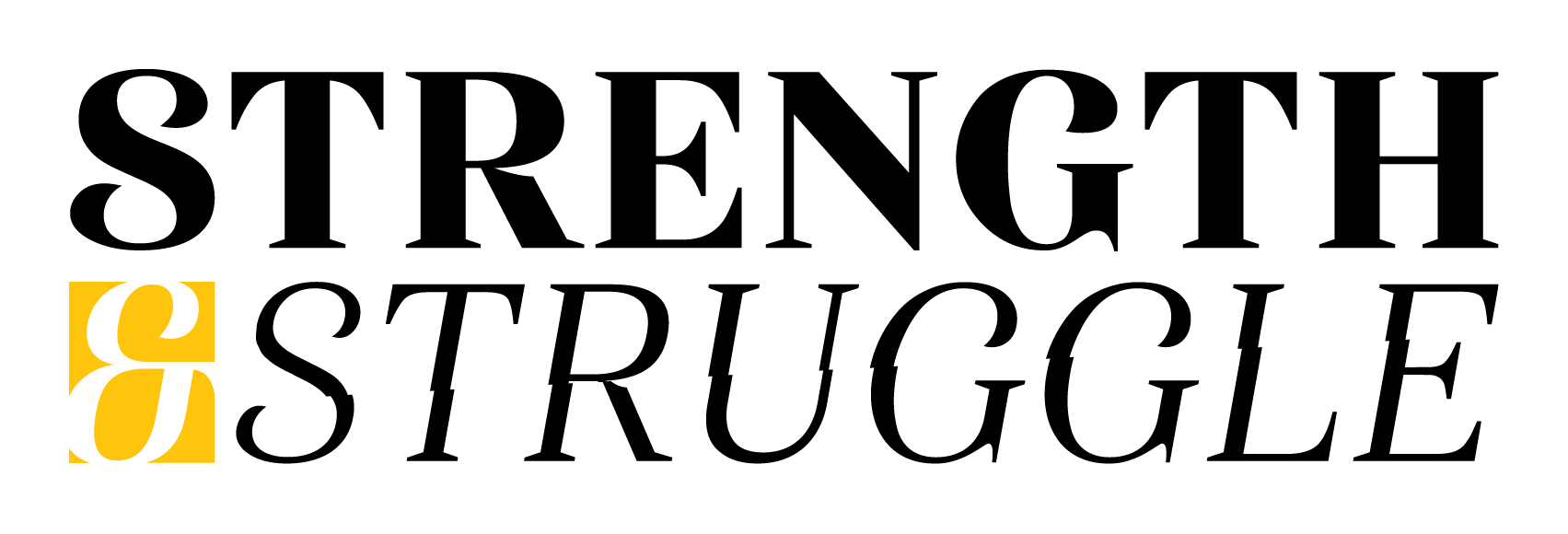Though none of you are skeptics, we all meet a skeptic or two in our lives. Below is a excerpt of an engaging series of conversations between a skeptic and a believer regarding fundamental issues of faith and G-d.
(To view the full series please CLICK HERE)
The catalyst for this dialogue is the provocative, and seriously misunderstood topic of Moshiach and Redemption (Geulah). Much controversy surrounds this issue built on misconceptions and stereotypes regarding the Jewish view on this theme. Yet, the discussion of such a critical issue inevitable touches upon many of our axiomatic beliefs, and challenges us all to examine our innermost feelings about life, its meaning, and our personal hopes for the future.
Before reading this first dialogue, ask yourself the question: Do you believe that things in your life can really change? Or are you of the belief that the more things change the more they stay the same.
We hope you are stimulated by this series, and as always welcome your feedback, comments, rebuttals and anything you wish to share…
Conversation XI:
Skeptic: This Moshiach of yours is a king, right?
Believer: That is correct.
Skeptic: So we’re back to totalitarian rule, to monarchs who reign by Divine license. I thought we got over that a few centuries ago.
Believer: Other than the fact that they’re out of style, what exactly is wrong with kings?
Skeptic: Okay, okay, I know what you’re driving at. The despots of history were power-mongers who exploited the naiveté of the masses for their selfish ends, or they were power-mongers who actually believed in their “chosenness” and may even had meant well. Either way, the problem with them was that they said that G‑d had granted them the right to rule when He really hadn’t. But when G‑d truly appoints a king, it is an utterly selfless ruler who does only what is best for his people. That’s what you wanted to say, right?
Believer: Something like that.
Skeptic: But the very idea of one person exerting his will over others repels me. I say, let people make their own decisions and learn from their own mistakes. If imperfection is the price of freedom, I’m willing to pay it.
Believer: And you think that democracy expresses the will of the people?
Skeptic: More or less. But I’d rather be governed by an approximate expression of the will of the people than by a perfect expression of the will of the most qualified king. How did Winston Churchill put it? “Democracy is the worst form of government that man has ever devised, except for all those other forms that have been tried from time to time.”
Believer: So you’re saying that democracy is inherently flawed, only we have nothing better.
Skeptic: Sure, there are many problems with democracy. Politicians find it very difficult to work for the long term good of their constituents — to get elected and remain in office they must pander to what’s popular at the moment and, worse still, to the whims of the media and interest groups. Politics attracts populists and demagogues — those truly qualified to govern avoid it like the plague. The very nature of democracy makes it susceptible to corruption, either in its overt forms or its many subtle forms: power trading, voter manipulation, etc. Finally, even when the will of the people finds expression in governmental policy, the will of the people may be wrong — the fact that most people want something in no way guarantees that it is moral and correct. Nevertheless, I believe that democracy is preferable to imposing the will of a single individual on everyone, even it he is G‑d’s personal candidate.
Believer: Why are you knocking democracy so much? I can give you a scenario where you can have all of its advantages without any of the problems you mention.
Skeptic: What’s that?
Believer: Here, let me quote you from Maimonides‘ Mishneh Torah: “In those times, there will be no hunger or war, no jealousy or rivalry. For the good will be plentiful and all delicacies common as dust. The world’s sole occupation will be to know G‑d..”
Skeptic: In other words, the world of Moshiach…
Believer: Under such circumstances, in which man has overcome hatred and greed, democracy would work beautifully: the will of the people would be perfect and perfectly expressed…
Skeptic: And you want a king!
Believer: Let me ask you something else: under such circumstances, who needs any government at all?
Skeptic: You’re right.
Believer: No, I’m wrong. If we needed rulers and leaders only to defend our borders, lock up criminals, regulate the economy, and force us to devote part of our income to feeding the hungry and housing the homeless, then I’d be right. But the role of a true “king” goes far beyond that.
The Torah’s idea of a king is an individual who has cleansed himself of every last vestige of ego and self-interest. Essentially, he has no will of his own, save the fulfillment of G‑d’s purpose in creation. So in subordinating ourselves to such a king, we are not serving an individual’s will but the will of the Almighty. The role of such a king is to teach and inspire his people, guiding them in the fulfillment in their mission and purpose in life.
Skeptic: Still, why can’t we teach and inspire each other as equals? Who needs this “subordination” business?
Believer: Once again, let me counter with a question. If mankind has achieved perfection, what is there to teach and inspire? For that matter, what kind of life are we going to lead in the post-Moshiach era? What will there be to accomplish? Are we just going to sit around all day and admire our perfection?
Skeptic: Perfection is endless. We can always aspire to more.
Believer: Exactly. In our pre-Moshiach world, our lives are completely taken up with combating the negative. Virtually all “accomplishment” is defined in these terms: a disease cured, a criminal rehabilitated, a street cleaned. Doing good means feeding the hungry, enlightening the ignorant, bringing peace to warring factions. So our vision of perfection is the obliteration of all evil and suffering from the face of the earth. A world that is free of war and hunger is the ultimate. To us, such a world is beyond the horizon of our current reality: what can be more perfect than that?
However, this is only the most basic level of perfection. Beyond it, lie further horizons, horizons of achievement within the realm of good itself. We cannot even imagine what these challenges are — we can barely imagine a world free of evil. But these goals and the means to achieve them are there, ad infinitum. G‑d is infinite, and He created man in His image. So man possesses an infinite potential for good.
Skeptic: You’re getting off the subject. What does this have to do with my subordinating myself to a king?
Believer: Even in our present day lives, in which every normal human being acknowledges his imperfection, it is very difficult for a person to improve himself. People tend to rest on their laurels. Imagine if we’re all perfect! True, a higher level of perfection awaits beyond the horizon, but in our terms, we’ve made it. Moshiach’s role in this future world is the same as in today’s world: to serve as the impetus to propel us beyond our current limits, to reach the “impossible”. Today, it takes a leap of faith to accept that a perfect world is possible. The same will be true then, too: to reach higher, we will have to subordinate ourselves to a vision that is beyond our present comprehension.
In our generation, Moshiach is the most perfect human being on earth, one who embodies, in a still imperfect world, the Divine ideal. If we accept him as our king, if we surrender our subjective goals to his vision, we can make heaven on earth. The same will apply after the world has attained perfection. Moshiach is G‑d’s anointed king, who teaches and inspires humanity to surmount even itself.
(To view the full series please CLICK HERE)
Reprinted with permission from Meaningful Life Center.





